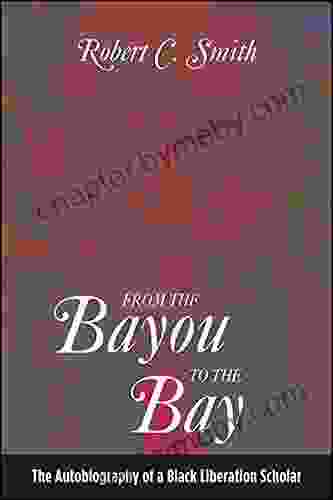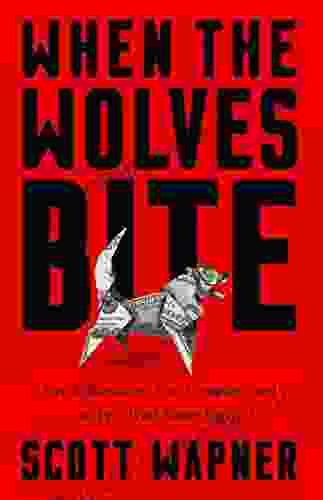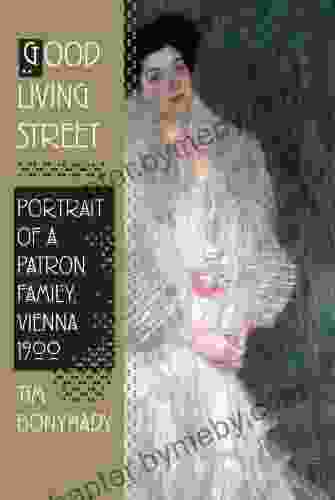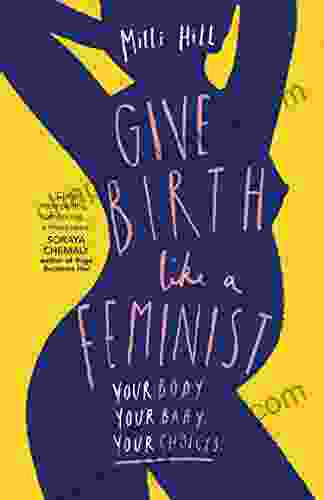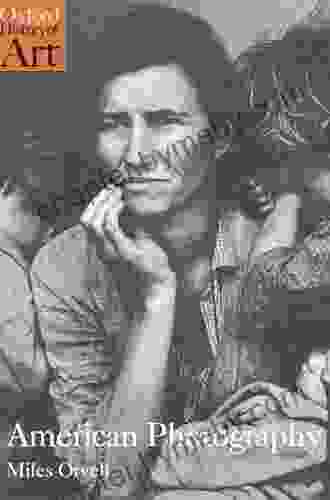: A Trailblazer in the Academy
5 out of 5
| Language | : | English |
| File size | : | 4220 KB |
| Text-to-Speech | : | Enabled |
| Screen Reader | : | Supported |
| Enhanced typesetting | : | Enabled |
| Word Wise | : | Enabled |
| Print length | : | 272 pages |
In the annals of Black liberation and scholarship, the name Dr. Suny stands as a beacon of inspiration. As a pioneering scholar in African American Studies, she tirelessly pursued intellectual inquiry and activism, using her platform to amplify the voices of the marginalized and challenge the oppressive structures that permeated society.
Early Life and Education: Roots of Resistance
Suny's journey began in the Jim Crow South, where she was raised in a family imbued with a deep sense of social justice. Her early experiences shaped her unwavering commitment to fighting for equality and human dignity.
Suny's academic brilliance shone from a young age. She excelled in her studies, earning a doctorate in African American Studies from the prestigious University of California, Berkeley. Her dissertation, a groundbreaking work on the history of Black women in the South, laid the foundation for her lifelong research on intersectionality and the experiences of marginalized communities.
The Scholar-Activist: Bridging the Ivory Tower and the Streets
Throughout her career, Suny fearlessly combined scholarship with activism. She believed that academia should not be divorced from the real-world struggles of oppressed people. She used her position as a professor to not only disseminate knowledge but also to mobilize students and community members towards transformative change.
Suny's activism extended beyond the classroom. She was a prominent figure in the Black Power movement, actively participating in protests and organizing community initiatives. She worked tirelessly to empower Black communities, providing them with the tools and resources to resist systemic oppression.
Challenging Oppression Through Intersectionality
One of Suny's most significant contributions to Black liberation was her pioneering work on intersectionality. She recognized that the experiences of Black people could not be reduced to a single category but were shaped by a complex interplay of race, gender, class, and other social identities.
Suny's intersectional approach allowed her to illuminate the unique challenges faced by Black women, queer people, and other marginalized groups within the Black community. Her work laid the groundwork for a more nuanced and inclusive understanding of Black liberation.
Autobiography: A Legacy of Resistance
In her autobiography, Suny weaves together her personal journey with the broader history of Black liberation struggles. She offers a gripping account of her experiences as a Black woman scholar and activist, providing readers with an intimate glimpse into the complexities of her life and unwavering commitment to social justice.
Through powerful anecdotes and incisive analysis, Suny challenges dominant narratives, exposes systemic inequalities, and inspires a new generation of activists to carry the torch of Black liberation.



